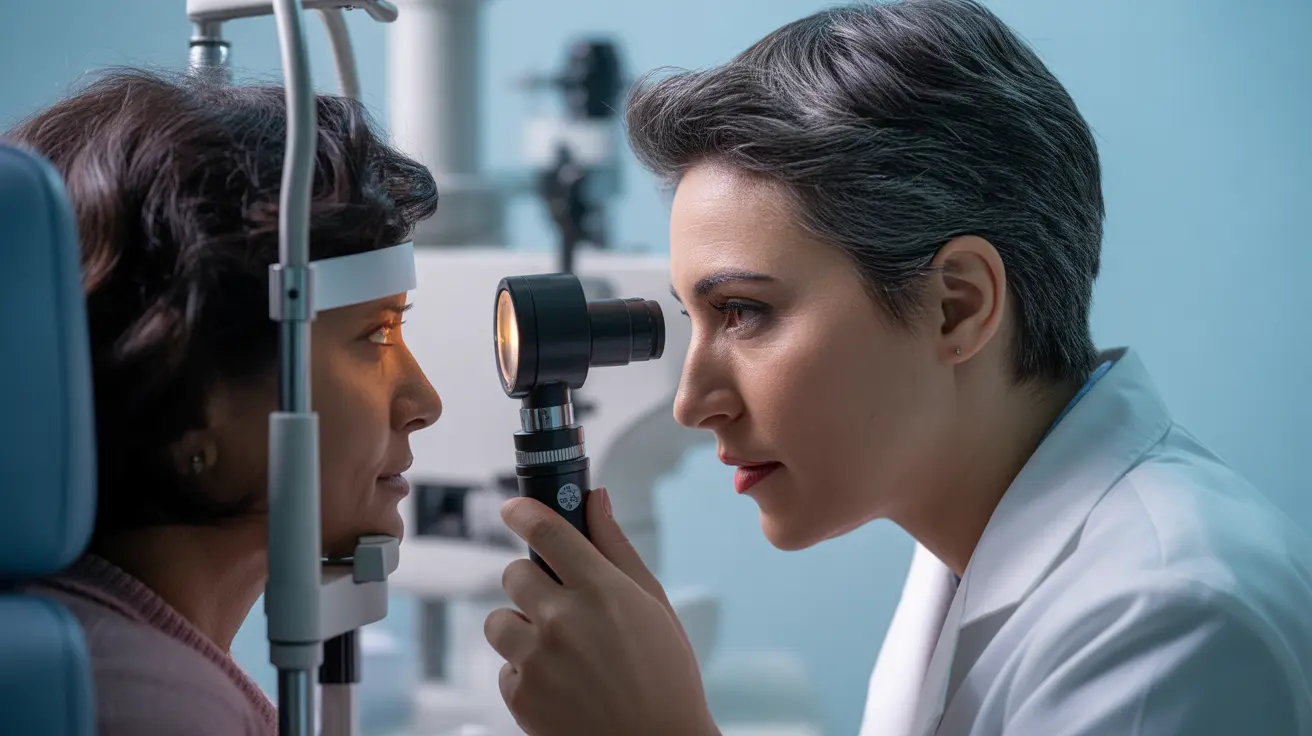Pink eye, or conjunctivitis, can be an uncomfortable and concerning condition that affects millions of Americans each year. While many cases resolve on their own, certain symptoms may require immediate medical attention at an urgent care facility. Understanding when to seek professional help can prevent complications and ensure proper treatment.
This comprehensive guide will help you recognize when pink eye symptoms warrant an urgent care visit, what to expect during treatment, and how to manage the condition while awaiting medical care.
Signs That Require Immediate Medical Attention
While mild cases of pink eye often clear up without intervention, certain symptoms indicate the need for urgent medical evaluation:
- Severe eye pain or sensitivity to light
- Blurred or decreased vision
- Excessive yellow or green discharge
- Symptoms that worsen rapidly
- Pink eye accompanied by high fever
- Symptoms in newborns or young infants
When to Choose Urgent Care for Pink Eye
Urgent care facilities are ideal for pink eye treatment when your primary care physician is unavailable or when symptoms develop suddenly. Consider visiting urgent care if:
- Your symptoms are severe or worsening
- You need immediate relief from discomfort
- You're concerned about spreading the infection
- You require documentation for work or school
- Your regular doctor can't see you promptly
Diagnosis and Treatment Process
Initial Evaluation
At an urgent care center, medical professionals will perform a thorough examination of your eyes and review your symptoms. They may use specialized equipment to examine your eyes and rule out other conditions.
Treatment Options
Depending on the type and severity of your pink eye, urgent care providers may recommend:
- Prescription antibiotic eye drops or ointments
- Antiviral medications for viral infections
- Anti-inflammatory drops for allergic conjunctivitis
- Artificial tears for comfort
- Warm or cold compresses
Preventing the Spread of Pink Eye
While awaiting medical evaluation, it's crucial to take precautions to prevent spreading the infection:
- Wash hands frequently with soap and water
- Avoid touching or rubbing your eyes
- Use separate towels and washcloths
- Dispose of eye makeup that may be contaminated
- Stay home from work or school if advised
After Your Urgent Care Visit
Following your urgent care evaluation, proper follow-up care is essential:
- Complete the full course of prescribed medications
- Follow all care instructions precisely
- Watch for worsening symptoms
- Schedule follow-up care if recommended
- Take preventive measures to avoid reinfection
Frequently Asked Questions
When should I go to urgent care for pink eye symptoms?
Visit urgent care if you experience severe eye pain, vision changes, excessive discharge, or if symptoms worsen rapidly. Also seek immediate care if you have a high fever or if a young infant shows symptoms.
What are the signs that pink eye may need urgent medical attention?
Seek urgent care if you have severe eye pain, sensitivity to light, blurred vision, thick yellow or green discharge, or if symptoms are accompanied by fever or facial swelling.
How is pink eye diagnosed and treated at an urgent care center?
Urgent care providers will examine your eyes, evaluate symptoms, and determine the cause (bacterial, viral, or allergic). Treatment may include prescription eye drops, oral medications, or supportive care measures based on the diagnosis.
Can urgent care provide antibiotics or other medications for pink eye?
Yes, urgent care centers can prescribe necessary medications, including antibiotic eye drops or ointments for bacterial infections, antiviral medications, or anti-inflammatory drops for allergic reactions.
How can I prevent spreading pink eye while waiting for urgent care evaluation?
Practice strict hand hygiene, avoid touching your eyes, use separate towels and washcloths, dispose of contaminated eye products, and maintain distance from others until you receive medical evaluation and treatment.




